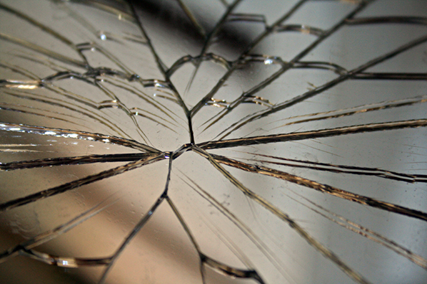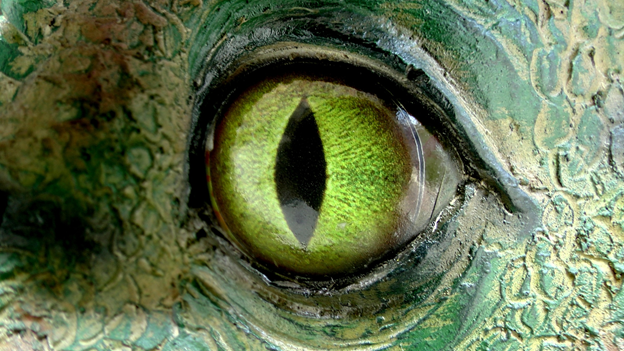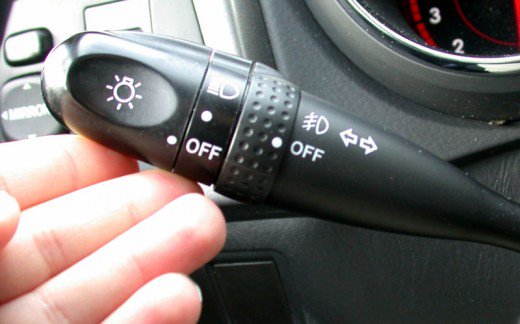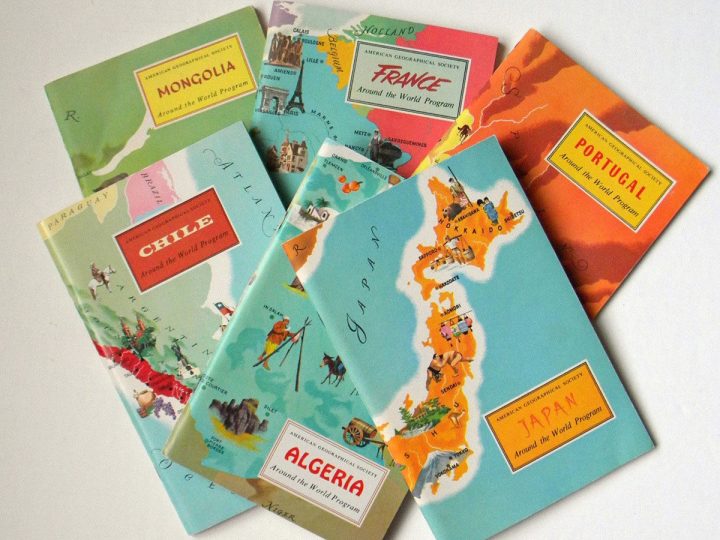prag·ma·tism
/ˈpraɡməˌtizəm/
noun
an approach that assesses the truth of meaning of theories or beliefs in terms of the success of their practical application.
Anybody who knows me, know that I have great respect and admiration for Dietrich Bonhoeffer. His classic works, Life Together, and the Cost of Discipleship have been and continue to be a great part of my personal spiritual formation. As with most things that I find inspiring or encouraging, I’ve given away several copies of each to friends and family members who I thought may find similar encouragement. For several summers at the Zion Spring church, we’ve read Bonhoeffer together. The outcome has been fruitful. While difficult to access, initially, with time and discipline, our Wednesday nights were turned into feasts of reflection. Who knew that Bonhoeffer could have such an impact on a small, black, Baptist church in the middle of the projects in Birmingham, Alabama?!
When Dietrich Bonhoeffer traveled to the United States one of his greatest critiques of American theology was that there was none. Bonhoeffer suggested that the American church offered Protestantism without reform – a shallow theology more akin to pragmatism than to any real Christianity. This was his disappointing assessment until he met a black man named Albert Franklin Fisher. Albert (Frank) was the son of Charles Fisher, the Pastor of the Sixteenth Street Baptist Church in Birmingham, Alabama. While attending Union Theological Seminary in New York, Bonhoeffer often visited the Abyssinian Baptist Church in Harlem. There, he heard Rev. Dr. Adam Clayton Powell Sr. proclaim the Gospel alongside a poignant prophetic protest of the violence and wickedness bred of the racism that stained America’s national identity.
Bonhoeffer was deeply affected by the spirituality he encountered in the black Church. Many believe that it was this experience that altered the course of Bonhoeffer’s life and informed much of his activities after he returned to Germany prior to and during the Third Reich.
So then, what’s the problem with pragmatism? It is, after all, an American way of life.
“Git’er done!”
“By any means necessary!”
And the quintessential –
“The ends justify the means.”
The problem is, each of these expressions represent the opposite of what our faith mandates! While costly and likely unpopular to say so – what we do, why we do, and how we do, is just as important as what we accomplish, when we arrive, or whether or not we win!
23 Whatever you do, work heartily, as for the Lord and not for men, 24 knowing that from the Lord you will receive the inheritance as your reward. You are serving the Lord Christ. 25 For the wrongdoer will be paid back for the wrong he has done, and there is no partiality. [1]
In many ways, the shallowness that has come to define much of American Christianity is a direct result of her unquestioning embrace of pragmatism. It worked. It must be right, so let’s keep doing it! It is this misguidedness that allowed (allows) the American church to be complicit to slavery, genocide, manifest destiny, segregation, imperialism, pre-emptive military strikes, naked aggression and violence! An economy that demands poverty in the name of progress, a political system polluted by the filthy lucre of corporate interests, careless industry that destroys the environment for profit, a society that mortgages the futures of its children – leaving them to inherit a world that is worse – all these things are the outworking of good old-fashioned American pragmatism. Baptized and sanctified in pulpits across the country, we declare sentimentally, nostalgically, patriotically – we are rapt by pragmatism!
America, America, God shed His grace on thee… And crown thy good?
Questioning our motives, examining our methods – these logical and decidedly Christian approaches – are jettisoned for an “all money is good money, so long as we get it done, something is better than nothing,” philosophy. This obscenity is further perpetuated by its greatest proponents who dare invoke the sovereignty of God to justify their means. That is to say, “God allowed it, so God must have wanted it this way – His will be done, let’s do it again!”
The great shame is that if Bonhoeffer were to visit America today, he would encounter even a greater dearth of spirituality and theology in the American church.
The sometimes slow walk towards freedom that once embodied the ideals of the black church have now become a short cut to prosperity and respectability! Dignity and substance forsaken are for popularity and style. Significance is measured by size and sheen. Get ready, get ready, get ready! The pressure of living in the margins that once produced a stalwart and redemptive hopefulness – this hopefulness has been auctioned for the promise of an American dream. All for the low, low, low cost of our souls…
Friends, I submit to you that our ‘ends” is our ‘means’ – the wrongdoer will be paid back. Our motives must be pure, our methods informed by the wisdom of God; every action must be filtered through the lens of our love for God and our love for those made in His image and likeness. Our foundation must be sure, lest the entire house be ruined.
All money is not good money.
The end does not justify the means.
Not by any means necessary.
We live and die by our hows and our whys. If not for love, then not at all. Even our salvation, then, is not just a destination – it is a journey!
God have mercy on us for embracing this pragmatism and extolling American mythology – such idolatry.
Have mercy on us all.
[1] The Holy Bible: English Standard Version. (2016). (Col 3:23–25). Wheaton: Standard Bible Society



